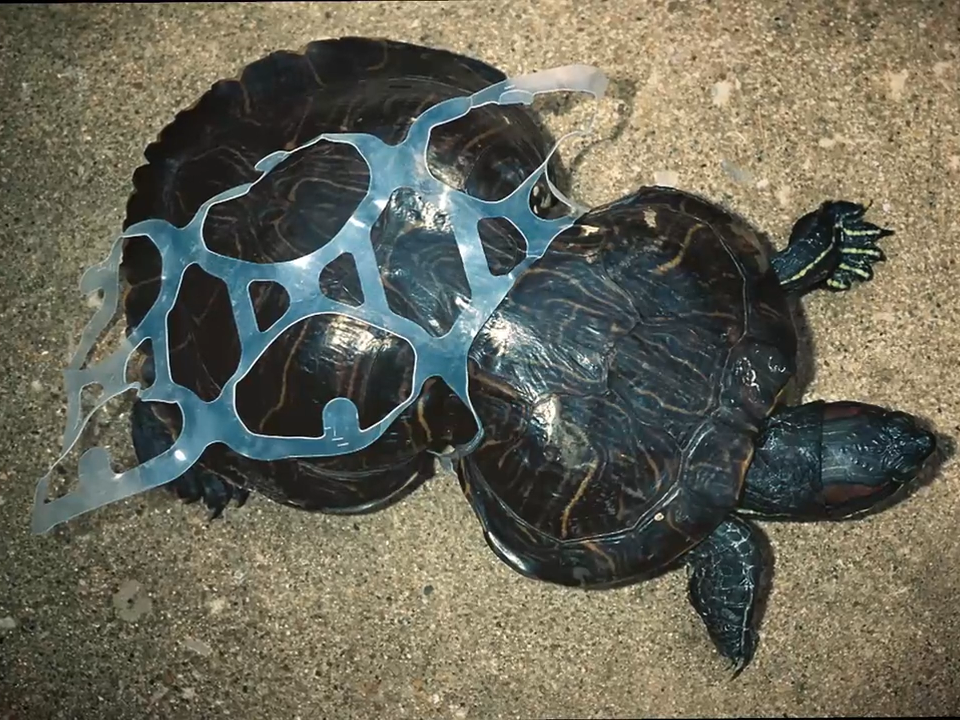Brewery invents edible six-pack rings to save hundreds of thousands of marine animals’ lives
Florida’s Saltwater Brewery uses materials left over from the beer making process
Your support helps us to tell the story
From reproductive rights to climate change to Big Tech, The Independent is on the ground when the story is developing. Whether it's investigating the financials of Elon Musk's pro-Trump PAC or producing our latest documentary, 'The A Word', which shines a light on the American women fighting for reproductive rights, we know how important it is to parse out the facts from the messaging.
At such a critical moment in US history, we need reporters on the ground. Your donation allows us to keep sending journalists to speak to both sides of the story.
The Independent is trusted by Americans across the entire political spectrum. And unlike many other quality news outlets, we choose not to lock Americans out of our reporting and analysis with paywalls. We believe quality journalism should be available to everyone, paid for by those who can afford it.
Your support makes all the difference.For all the plastic rings that conveniently hold your beer cans together but also have terrible consequences for the world’s oceans, a brewery may have found an answer.
Using wheat and barley remnants from the brewing process, Saltwater Brewery in Florida has devised a 100 per cent biodegradable, compostable and edible form of six-pack rings.
In a promotional video, the brewery reveals that of the 6.3 billion cans of beer Americans drank last year, 50 per cent were in cans and most of the plastic rings binding them together ended up in the ocean.
According to the company, globally the presence of these six-pack rings in the ocean sees an estimated one million sea birds die, while 100,000 marine mammals and sea turtles become trapped or ingest the material and perish.
A journal in the US Proceedings of the National Academy of Sciences estimates that currently 90 per cent of seabirds would have ingested plastic, while by 2050 this figure will rise to 99 per cent.

The consequences plastic can have on marine animals was brought to the world’s attention last year, when footage of a sea turtle with a plastic straw stuck in its nostril shocked viewers.
Plastic can reach the sea by a number of indirect ways, such as being blown from nearby bins are travelling from drains and pipes into the sea, making responsible disposal of such items key to reducing marine pollution.
Claiming their product to be as resistant and efficient as plastic rings, Saltwater Brewery hopes the rest of the industry will follow their lead.
“We want to influence the big guys and inspire them to get on board,” said Chris Gove, President of Saltwater Brewery, as well as save hundreds of thousands of marine animals’ lives.

Join our commenting forum
Join thought-provoking conversations, follow other Independent readers and see their replies
Comments